Table of Contents
Understanding Clean Beauty Certifications
This page may contain affiliate links. We may earn a commission on purchases, at no additional cost to you. Learn more →
When shopping for personal care cosmetics or makeup products, understanding Clean Beauty Certification is key to ensuring the products we use are genuinely safe and sustainable.
The competitive market like the cosmetics industry, is flooded with items on the shelves with gorgeous organic, natural, herbal, or plant-based graphics and logos, making us feel like they should have the "good stuff" as ingredients. Only to discover that not-so-good ingredients hide in the small print on the back.
A report by the Soil Association shows that the cosmetics industry frequently uses misleading labels and highlights that many consumers feel misled by labels on "organic" beauty products, with 76% of consumers expressing such sentiments.
How can we truly know what will be best for our bodies? By familiarizing ourselves with reliable clean beauty certifications, we can confidently select products that align with our health and environmental values.
As a mother and someone who cares deeply about not only my family’s health but also the environment's health, I have taken a serious inclination toward good quality skin care products that I know I can trust.
By gaining a good understanding of clean beauty certifications, it has become so much easier to make the right choices.
In this article, we will walk through what clean beauty truly is, debunk some common misconceptions, and explain the significance of various certifications and labels, and why they matter.

What is Clean Beauty?
As mentioned in our recent post, Ultimate Clean Beauty Guide transcends the mere absence of harmful chemicals in cosmetics. It embodies a comprehensive approach, considering the entire lifecycle of a product—from sustainable sourcing of raw materials to ethical manufacturing processes and environmentally friendly packaging.
Global Market Trends
The clean beauty market is witnessing substantial growth, reflecting an increasing consumer demand for safer, more sustainable products. According to Statista, as of 2021, the global market value for clean beauty was valued at around 6.5 billion U.S. dollars. The clean beauty market value is forecast to grow and reach approximately 15.3 billion U.S. dollars by 2028.
The Role of Certifications in Clean Beauty
Certifications play a pivotal role in guiding your choices in the clean beauty landscape. Recognizable certifications such as EWG, Made Safe, COSMOS, and Leaping Bunny provide a trusted mark of safety and eco-friendliness, so you can know and trust that the products you choose are the best for your health and the environment.
Common Clean Beauty Misconceptions
Next time you go to the store, consider taking a small mental note of how many items have some form of image or label stating "natural" or "organic," just as an example.
Now, as much as this attracts us and makes us feel better about making good choices, the reality is that not everything is natural, organic, or safe and non-toxic.
The truth is that these terms alone are unregulated. Simply having natural or organic ingredients in a product does not ensure that it is free from other non-natural or non-organic substances.
According to a study on the 100 best-selling 'natural' cosmetic products, only 42% were found to be truly natural, while 58% contained synthetic ingredients.
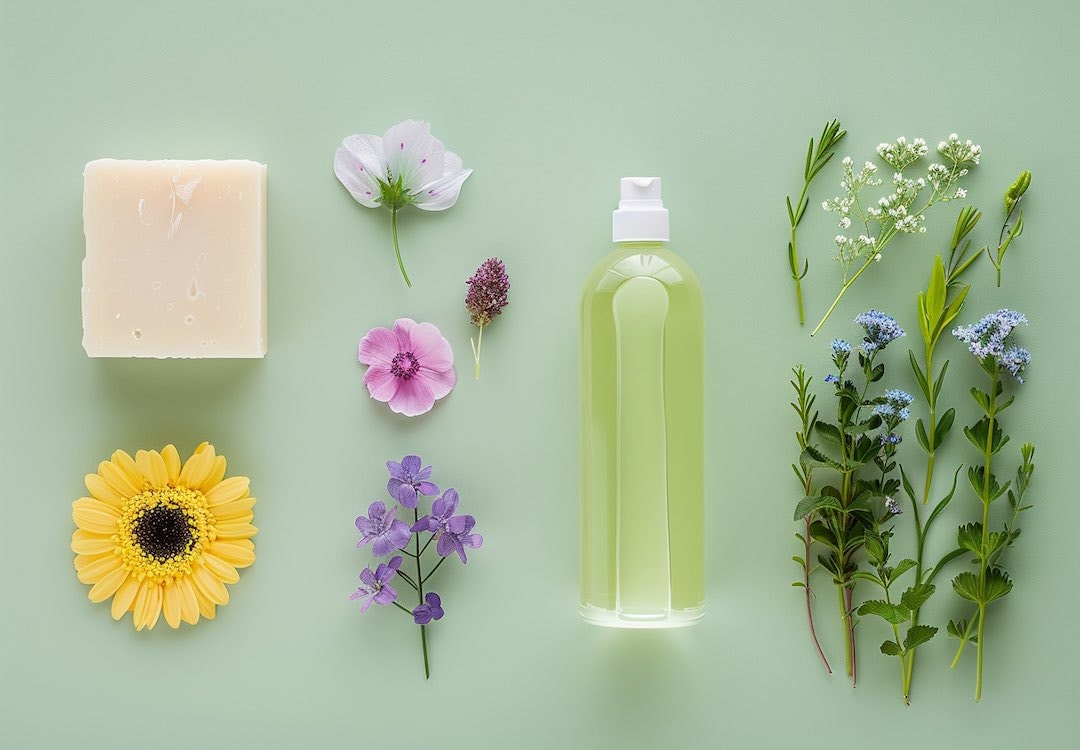
What are Clean Beauty Certifications?
Clean beauty certifications are your trusty guides in the world of skincare products. They're like a seal of approval that tells you, "This product is safe for you and kind to our planet." But what exactly do they mean?
In simple terms, clean beauty certifications ensure that products are free from potentially harmful ingredients like parabens, phthalates, sulfates, and synthetic fragrances. These certifications aren't handed out lightly. They involve rigorous testing and strict standards that manufacturers must meet.
Here's what you need to know about the clean beauty certification process:
-
Thorough Research: Certification bodies conduct in-depth studies to understand the impact of ingredients on human health and the environment.
-
Strict Standards: They set clear, stringent rules that products must follow to be certified.
-
Compliance Checks: Manufacturers undergo regular inspections to ensure they maintain good practices.
-
Easy Identification: Certified products can display the certification mark, making it easy for you to spot them while shopping.
It helps to verify that the product is exactly what it claims to be and that you can trust it wholeheartedly to be safe for you and the earth.
Why Do Clean Beauty Certifications Matter?
In a world where we're bombarded with health information, these certifications cut through the noise.
They:
-
Build Trust: With strict regulations against misleading claims, certifications help you feel confident in your purchases.
-
Promote Transparency: Certified products must disclose their ingredients and manufacturing processes, giving you the full picture.
-
Ensure Accountability: Regular assessments keep manufacturers on their toes, ensuring they consistently meet high standards.
-
Simplify Shopping: Instead of decoding complex ingredient lists, you can look for certification marks to make quick, informed decisions.
Remember, these certifications aren't just about what's good for you – they're also about what's good for our planet. By choosing certified clean beauty products, you're supporting practices that are kinder to the environment.
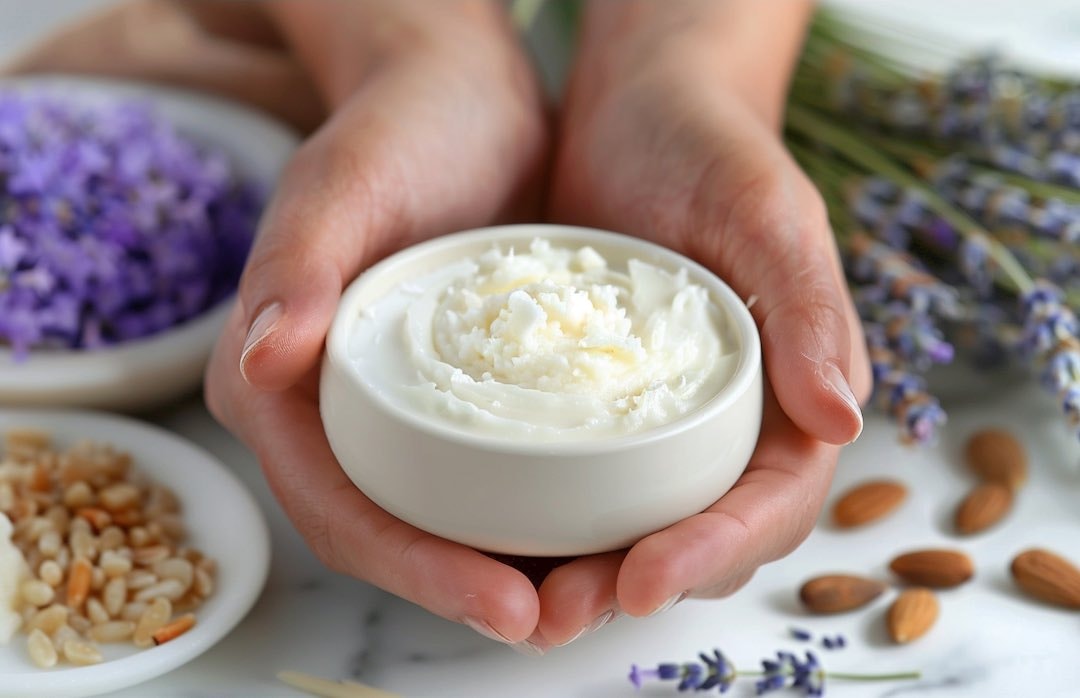
Types of Clean Beauty Certifications
Understanding the various types of clean beauty certifications can greatly simplify your shopping experience. These certifications are generally categorized based on what they assure regarding product formulation and ethical standards.
Understanding these categories helps you choose products that align with your values and skincare needs, making it easier for you to pick products. A single product might carry multiple certifications, addressing various aspects of clean beauty.
-
Organic certifications ensure that products are made with a significant proportion of organic ingredients, which are grown without synthetic pesticides or fertilizers.
-
Vegan certifications guarantee that products contain no animal-derived ingredients and involve no animal testing at any stage of product development.
-
Cruelty-Free certifications ensure that neither the final product nor the ingredients have been tested on animals, emphasizing ethical treatment throughout production.
-
Non-toxic certifications focus on safety, certifying products that are free from harmful chemicals and substances known to pose health risks.
-
Sustainable certifications assess the environmental impact of products, including sourcing, manufacturing, and packaging, to ensure minimal ecological footprint.
-
Fair Trade ensures that ingredients are sourced under fair labor conditions and farmers and workers along the supply chain receive fair compensation and treatment.
-
Biodynamic certifications are similar to organic but based on more stringent practices that treat farms as interconnected living systems.
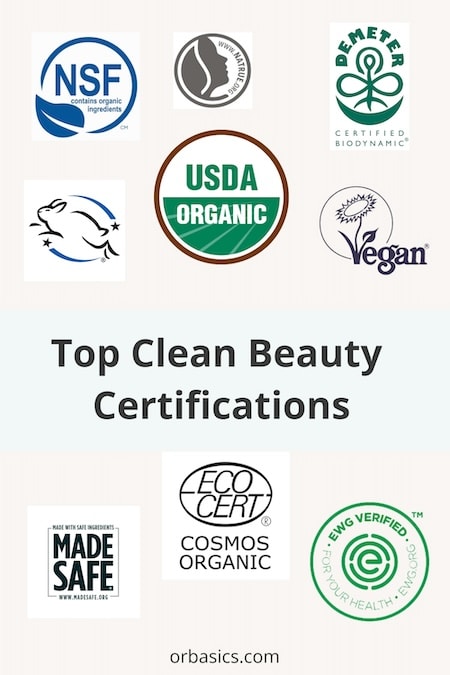
Top Clean Beauty Certifications You Need to Know
Navigating the world of clean beauty products can be complex, but understanding key certifications can make it simpler and more trustworthy. Here’s a concise guide to the most significant clean beauty certifications to help you make informed choices in your personal care routine.
Non-toxic Certifications
EWG Verified
The Environmental Working Group tracks chemical safety and certifies non-toxic products. With stringent guidelines, EWG not only ensures product safety for consumers but also holds companies accountable for using harmful chemicals.
-
What it means: Products meet strict safety standards
-
Why it matters: EWG calls out harmful chemicals and the companies using them
-
Pro tip: The EWG Skin Deep Database makes it easy for you to browse certified products.
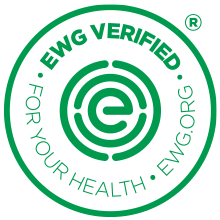
MADE SAFE® - Human Health and Ecosystem-Focused Certification
MADE SAFE certifies products that are safe for both human health and the environment, striving to eliminate harmful substances from the market with a list of over 6,000 banned ingredients.
-
What it means: Products are safe for humans and ecosystems
-
Why it matters: Over 6,000 potentially harmful ingredients are banned
-
Pro tip: Browse the Made Safe Catalogue for certified products
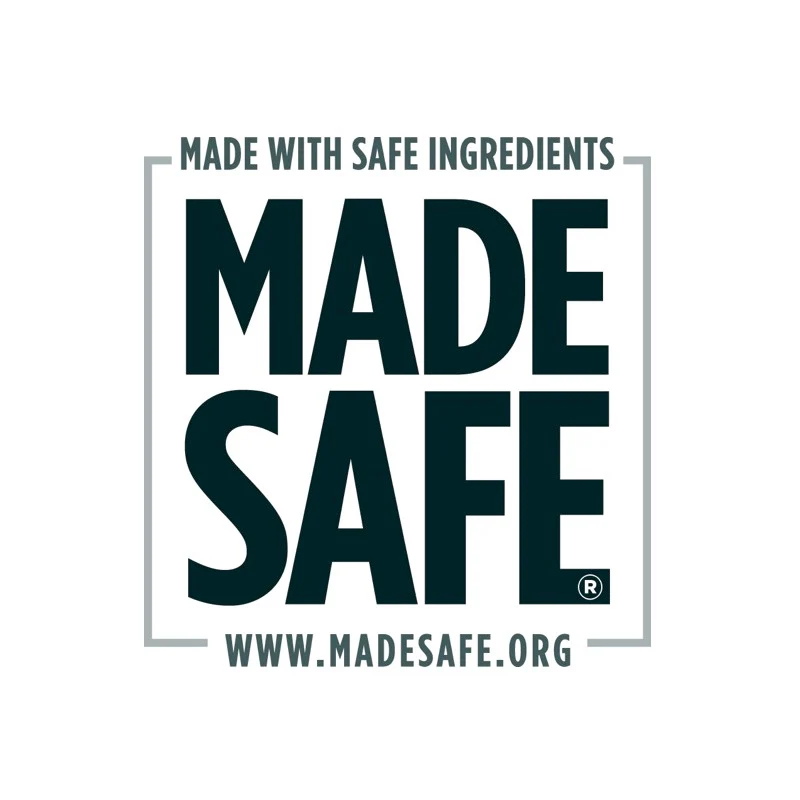
Organic Certifications
USDA Organic
Products certified under USDA Organic standards contain various levels of organic ingredients. These range from "100% Organic" to "Made with Organic Ingredients" (at least 70% organic ingredients).
-
What it means:
-
100% organic: All ingredients are organic
-
Organic: At least 95% organic ingredients
-
Made with organic ingredients: At least 70% organic ingredients
-
Specific organic ingredients: Less than 70% organic ingredients
-
-
Why it matters: Ensures high-quality, organic ingredients in your products
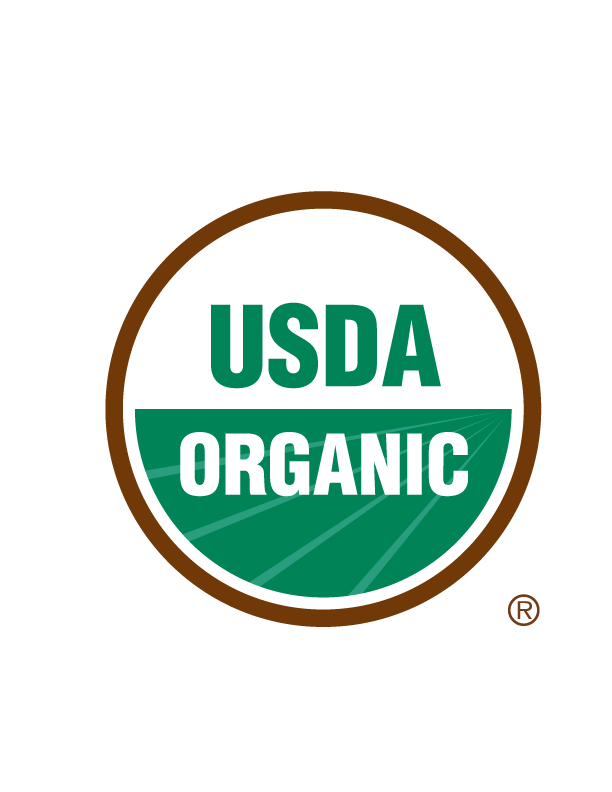
Cosmos Organic – Natural and Organic Cosmetics Certification
Managed by Ecocert, COSMOS certification guarantees eco-friendly production, the responsible use of natural resources, and the exclusion of harmful petrochemical ingredients. It emphasizes biodiversity respect, recyclable packaging, and the absence of GMOs.
-
What it means: Environmentally friendly production, no GMOs, recyclable packaging
-
Why it matters: Guarantees absence of harmful ingredients like parabens and synthetic fragrances
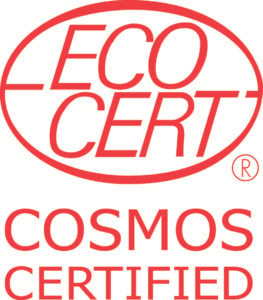
NSF/ANSI 305 Personal Care Products/ Organic and Natural Cosmetics Certification
In the cosmetics industry, the NSF/ANSI 455-3 certification is a key standard that focuses on good manufacturing practices of cosmetic products, ensuring they are produced in a safe and controlled environment. The certification mark gives consumers surety that their personal care products contain a minimum organic content of 70% and that all other ingredients meet strict criteria, such as being GMO-free.
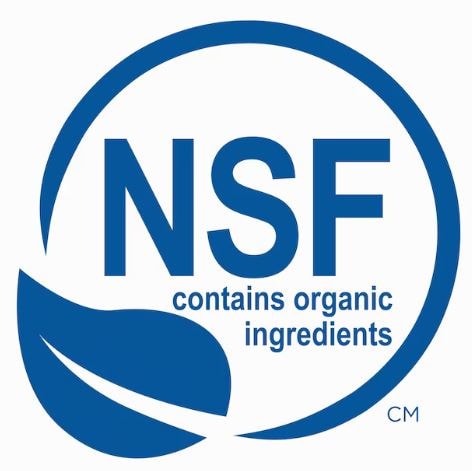
Environmental/Sustainability Certifications
Non-GMO Project Standard
The Non-GMO Project offers a verification program ensuring products are free from genetically modified organisms, aligning with consumers' growing preferences for natural ingredient transparency and ecological safety.
-
What it means: Products are free from genetically modified organisms
-
Why it matters: Supports sustainable and natural ingredient sourcing
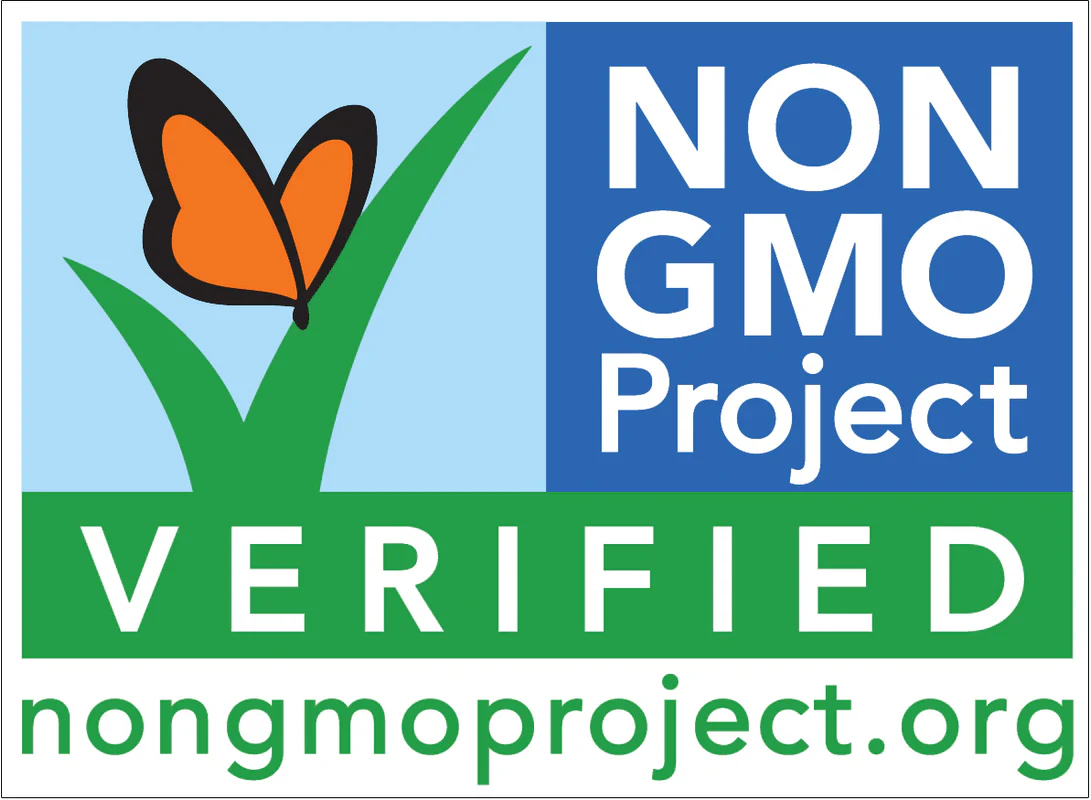
Demeter - Biodynamic Certification
Demeter, named after the Greek goddess of agriculture, sets the gold standard for biodynamic farming and products. This certification ensures adherence to biodynamic agricultural practices and can be verified through their global directory.
-
What it means: Ingredients are grown using biodynamic farming practices
-
Why it matters: Supports holistic, sustainable agriculture
-
Pro tip: Demeter’s directory can help you find biodynamic products around the world.
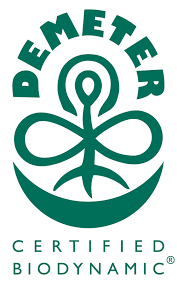
Leaping Bunny Program for Cruelty-free Skincare
Leaping Bunny certification represents a commitment to a production process free from animal testing, from ingredients to final product.
-
What it means: No animal testing at any stage of product development
-
Why it matters: Ensures your beauty routine aligns with ethical values
-
Pro tip: Download their App to scan products while shopping
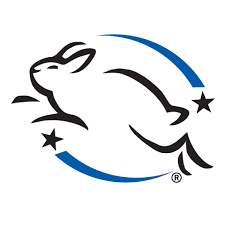
Vegan Certifications
The Vegan Society - vegan certification
This organization offers the Vegan Trademark, which certifies that products contain no animal-derived ingredients and have not been tested on animals, aligning with ethical and sustainable practices. It is one of the most recognized vegan certifications worldwide, that signifies a product's adherence to vegan principles. The Vegan Trademark spans a diverse range of categories, including cosmetics, clothing, food, and household products.
-
What it means: No animal-derived ingredients or animal testing
-
Why it matters: Ensures products align with vegan principles and ethical practices
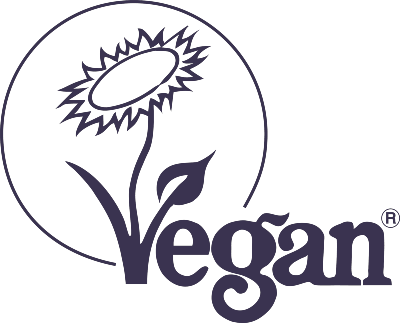
Beyond Certifications: Understanding Product Labels
Even without certification marks, many products can still be clean and safe. There are some small companies and brands out there whose products are clean, safe, and non-toxic, they are honest and transparent about what they put in their products. Here's how to become a savvy clean beauty detective!
-
Ingredient Transparency
-
Look for a complete ingredient list on the product or packaging.
-
No list or full ingredients disclosure? That's a red flag!
-
-
Ingredient Education
-
Familiarize yourself with common ingredients and their purposes. A quick Google search can help you with this.
-
Use resources like the Skin Care Ingredient Dictionary for quick, reliable information.
-
-
Tech-Savvy Shopping
-
Leverage apps to make informed decisions on-the-go:
-
Think Dirty: Scan barcodes for instant ingredient safety checks.
-
INCI Beauty: Quickly analyze product ingredients.
-
EWG's Healthy Living: Offers ingredient hazard scores
-
CosmEthics: Checks for allergens and unwanted ingredients
-
Yuka: Evaluates both food and cosmetics
-
-
-
Decoding Marketing Terms
-
Terms like "natural," "organic," and "non-toxic" can be misleading. Here's what they really mean:
-
Natural: Ingredients occur in nature, not synthesized in a lab.
-
Organic: Ingredients farmed without chemicals, pesticides, or GMOs.
-
Non-toxic: Free from harmful or poisonous ingredients.
-
-
Remember: These terms don't guarantee a product is 100% clean or safe..
-
-
Spotting Greenwashing Be alert to misleading marketing tactics:
-
Vague eco-friendly claims
-
Nature-themed imagery
-
Overemphasis on a single "green" aspect
-
Exaggerated benefits
-
Your Clean Beauty Action Plan
-
Always check the full ingredient list.
-
Research unfamiliar ingredients.
-
Use apps for quick on-the-spot checks.
-
Look beyond marketing terms for actual ingredient quality.
-
Be skeptical of overly "green" marketing without substance.
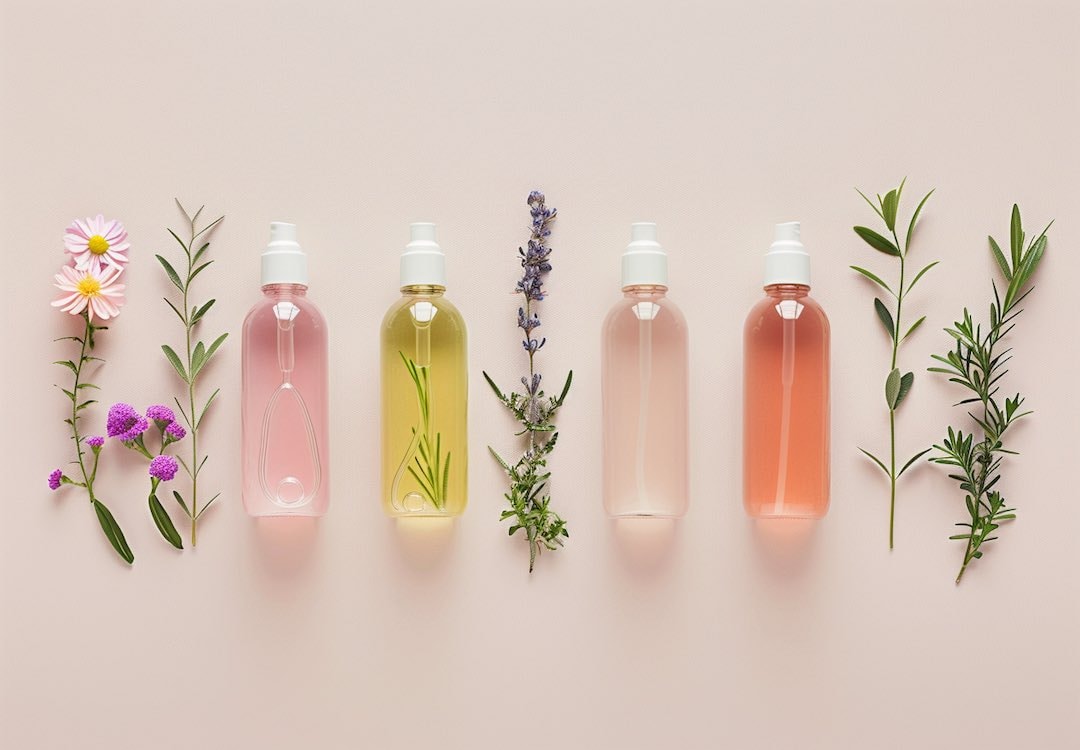
Key Takeaways:
The advantages of using certified clean beauty products far outweigh the disadvantages of just trusting that a product is what it says it is. With the knowledge shared in this article, you can now move forward having a trusted approach to investing in more certified clean beauty products.
-
Clean beauty certifications assure consumers that the products they use are safe, sustainable, and environmentally responsible. Key clean beauty certifications include EWG Verified, MADE SAFE, USDA Organic, and Cosmos Organic.
-
By choosing certified clean beauty products, you support a more sustainable beauty industry and protect your health and the environment.
-
Understanding different types of certifications (like organic, vegan, and cruelty-free) helps you make informed choices that align with your personal values and skincare needs.
-
Use apps like Think Dirty and EWG's Healthy Living for quick product checks.
If you liked this article, here are further artilces you might like:
How to Avoid Pfas in Cosmetics
FAQ
What is the most recognized Clean Beauty certification?
Today there are many globally recognized clean beauty certifications. some of the world leaders currently are organizations like ECOCERT, EWG, Made Safe, Leaping Bunny, NSF/ANSI 305, USDA Organic, Non-GMO Project Standard, Demeter, to name a few.
Can cosmetics be certified organic?
Yes, cosmetics can be certified organic if they meet the standards set by recognized certification bodies like USDA and ECOCERT. These certifications ensure products contain a high percentage of organic ingredients and comply with strict guidelines regarding sourcing and production. Certified organic cosmetics provide assurance of safety and sustainability, free from harmful chemicals and synthetic additives.
Is USDA-certified organic, really organic?
Yes, USDAYes, USDA-certified organic products are genuinely organic, adhering to strict standards set by the United States Department of Agriculture. These standards ensure that products are produced without synthetic fertilizers, sewage sludge, irradiation, and genetic engineering. The USDA Organic certification includes several categories: "100% Organic," which contains entirely organic ingredients; "Organic," which includes at least 95% organic ingredients, with the remaining 5% meeting strict criteria; "Made with Organic Ingredients," which contains at least 70% organic ingredients; and "Specific Organic Ingredients," which includes less than 70% organic ingredients and cannot use the USDA Organic seal. The USDA Organic seal is highly trusted by consumers, ensuring transparency and compliance with organic regulations.
Does certified organic mean 100% organic?
No certified organic does not always mean 100% organic. According to USDA standards, only products labeled as "100% Organic" contain entirely organic ingredients. Other categories include "Organic," which must contain at least 95% organic ingredients, and "Made with Organic Ingredients," which must have at least 70% organic content. Products with less than 70% organic ingredients can list organic ingredients in the ingredient panel but cannot use the USDA Organic seal.
What is the best certification for cosmetics?
There are many excellent certifications. The COSMetic Organic and Natural Standard is a leading certification for organic and natural cosmetics, recognized globally. It was developed through the collaboration of several European certification bodies, including BDIH (Germany), Cosmebio (France), Ecocert (France), ICEA (Italy), and the Soil Association (UK), and is currently the most common standard in the manufacturing process of cosmetic products. COSMOS Standards apply to cosmetic products and raw materials for cosmetic production.
Is certified organic legit?
Yes. Certification organizations such as the USDA or Soil Association among others, conduct a process of strict and regular audits to ensure compliance with organic standards is upheld for those who wish to be certified. This process ensures trust and reliability when purchasing certified organic products.
1 comment
I’m really happy to know this orbasics.com. I’m a non toxic enthusiast and obsessed!
Your website is really helpful to me specially I’m just begining to be a non-toxic product advocate in my own little way, for the environment and to my loved ones and myself!
Thanks for your worthy cause!













